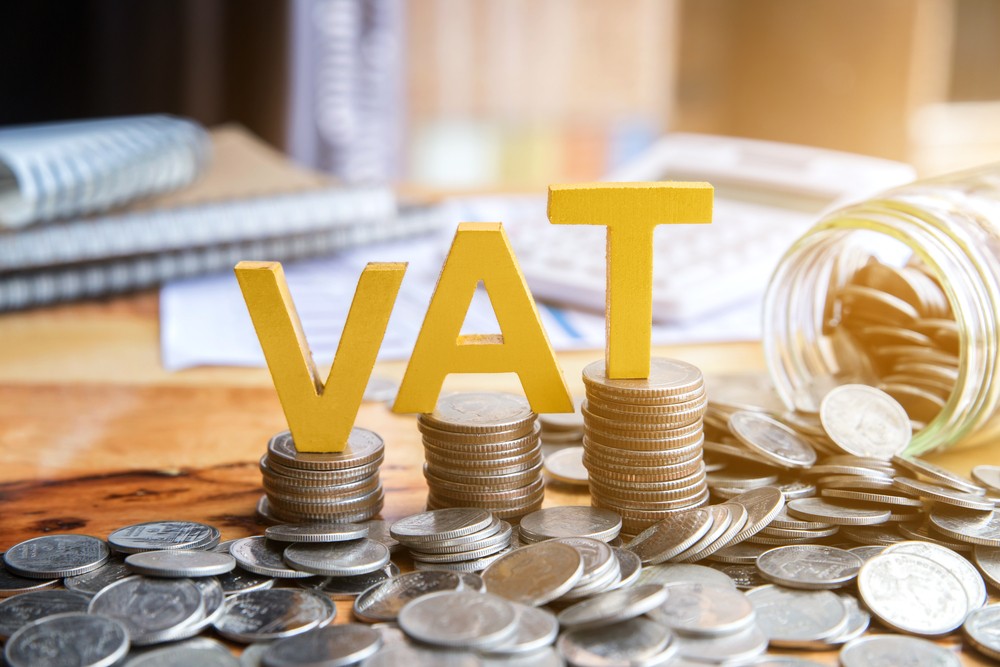
15 Dec The VAT Flat Rate Scheme: What you need to know
The VAT Flat Rate Scheme (FRS) is a simplified way of calculating VAT for small businesses. It was introduced by HMRC to make VAT calculations quicker and easier for businesses with a turnover of less than £150,000.
Under the FRS, businesses pay a fixed percentage of their gross turnover to HMRC instead of calculating the VAT on their sales and purchases. This fixed percentage is generally lower than the standard rate of 20%, meaning businesses may pay less VAT overall.
To be eligible for the FRS, businesses must have an annual turnover (excluding VAT) of less than £150,000 and be registered for VAT. Businesses must also check their eligibility based on their trade sector, as some sectors have specific rates.
There are several advantages to using the FRS. First, it simplifies VAT calculations and reduces administration time. Second, businesses may save money on their VAT bill, as the fixed percentage is often lower than the standard rate. Finally, businesses with high levels of expenditure on goods may benefit from the FRS as they can still reclaim VAT on goods purchased.
However, there are some drawbacks to the FRS. As businesses pay a fixed percentage, they cannot reclaim VAT on most purchases. This could be a disadvantage for businesses that regularly incur significant amounts of VAT on expenses. In addition, the FRS may not be the best option for businesses that regularly issue VAT invoices to customers, as they may incur higher VAT costs.
It is also important to note that the FRS only applies to businesses registered for VAT in the UK. Businesses that sell goods or services outside of the UK may have different VAT obligations and should seek advice from a tax professional.
Before deciding to use the FRS, businesses should carefully consider their circumstances and whether it is the most appropriate option for them. It is advisable to seek professional tax advice to ensure that businesses understand the implications of joining the FRS and can make an informed decision.
In conclusion, the FRS is a simplified way of calculating VAT for small businesses. While it has advantages, it may not be the best option for all businesses. Careful consideration should be given to the specific circumstances of each business before deciding to use the FRS.

